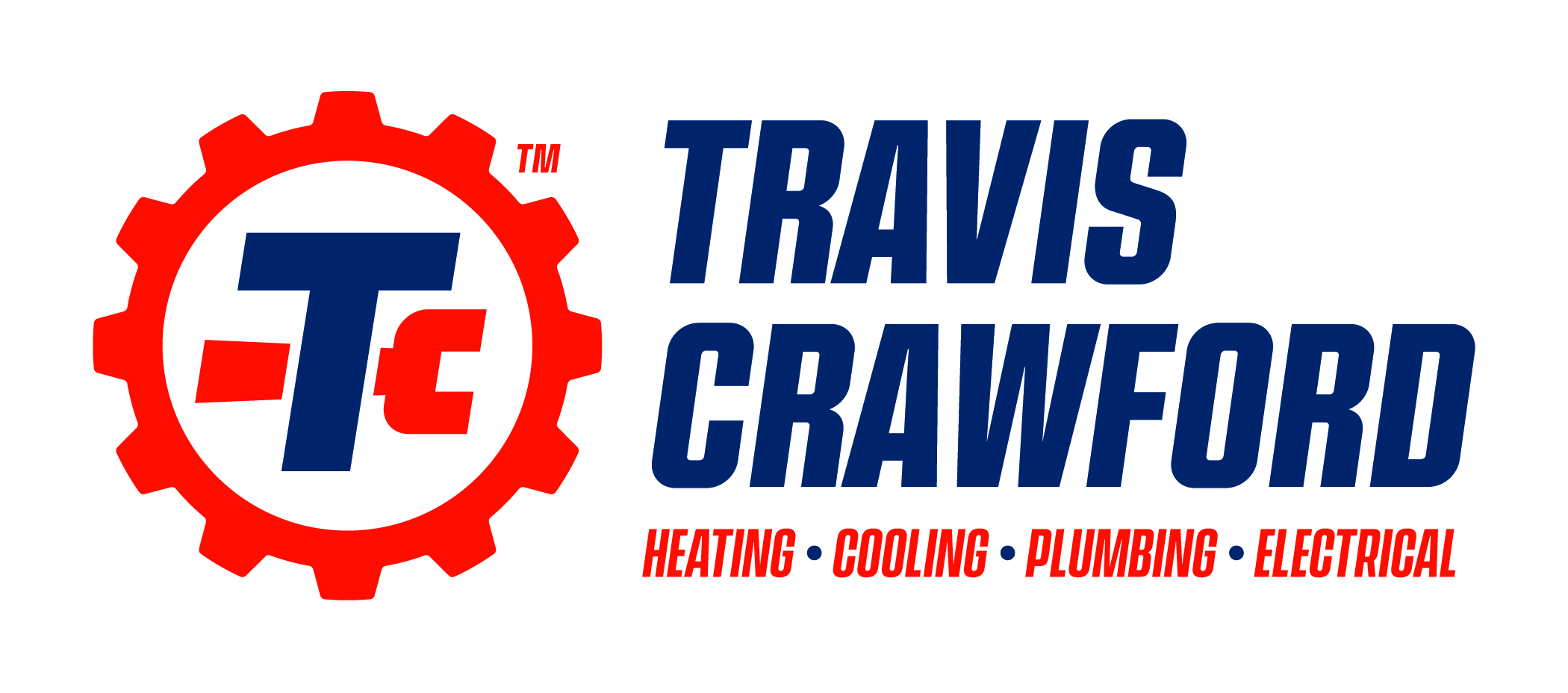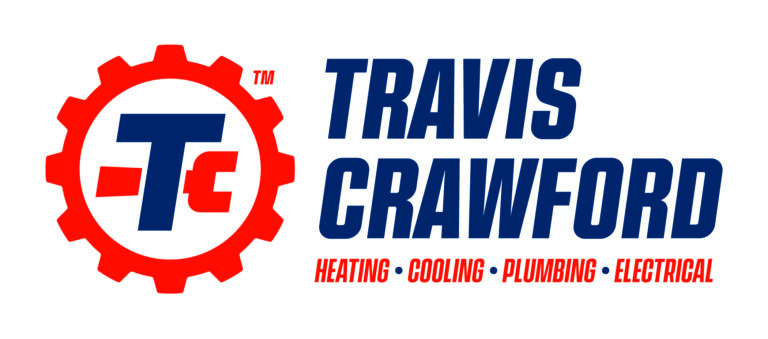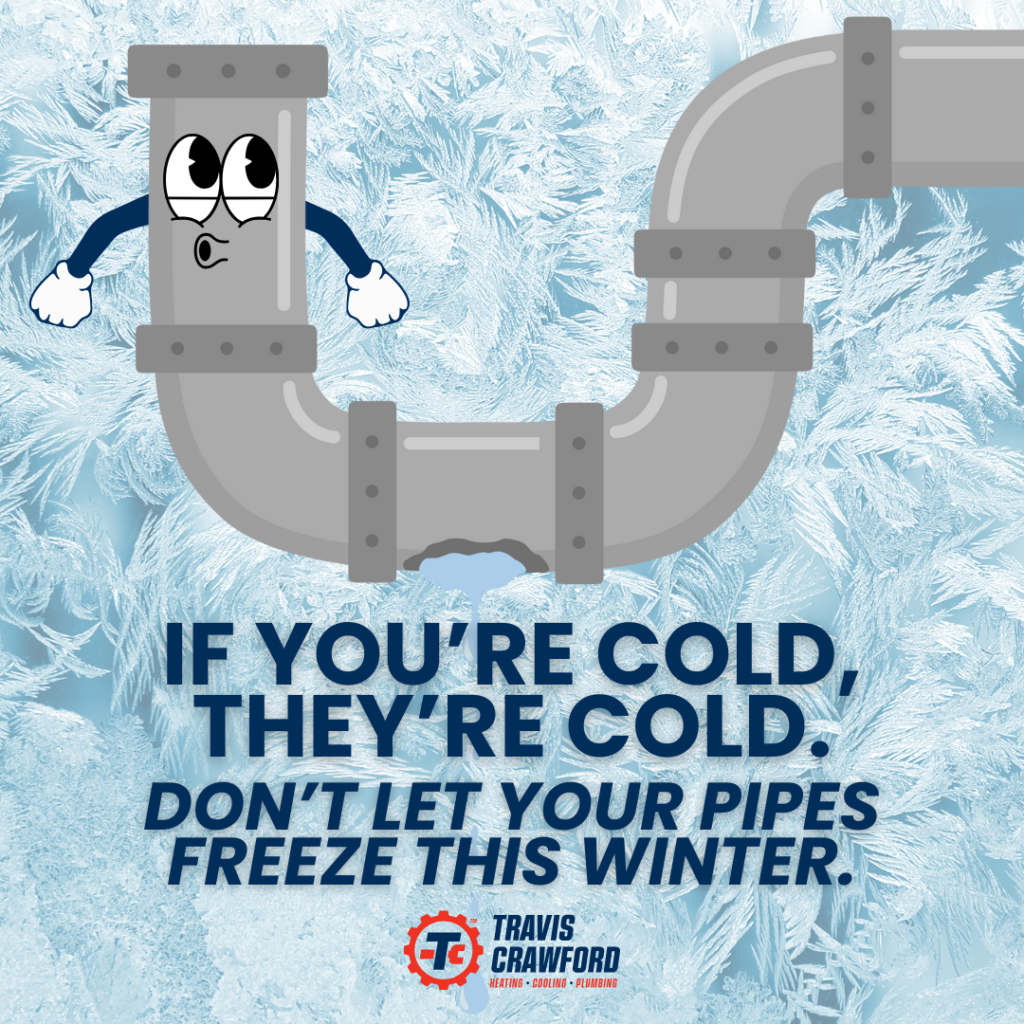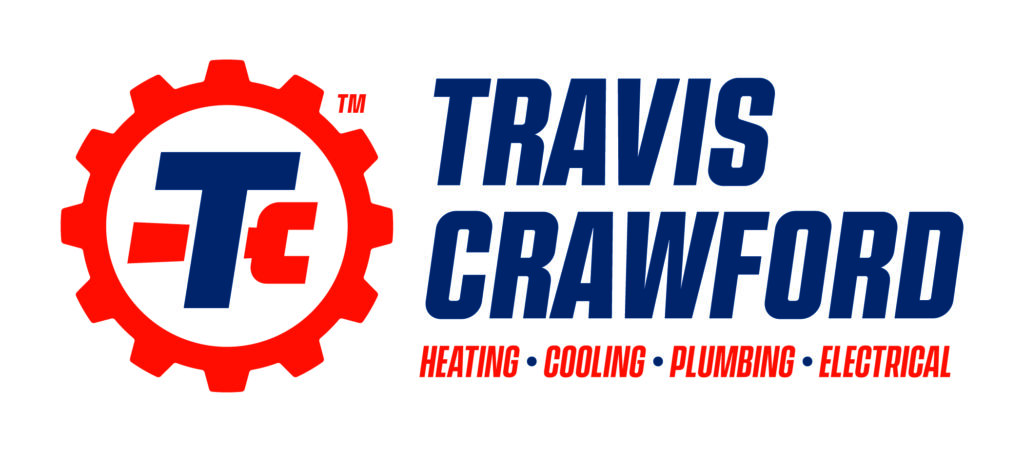Ensure your pipes are well insulated during winter to keep them in shape and avoid plumbing emergencies. Frozen pipes expand and burst, causing leaks that can damage your home’s structural foundation. The winter plumbing tips below can explain how to prevent your pipes from freezing.
1. Insulate Exposed Pipes
When the temperatures start dropping, you must insulate the pipes. Look for exposed pipes in basements, garages, and attics and ensure they have proper insulation. The last thing you want is flooding in the basement or attic, which can lead to catastrophic water damage. Properly insulating the pipes is the only way to prevent this.
2. Keep a Steady Temperature Indoors
Keeping your indoor temperature consistent while away can help prevent frozen pipes. Turn on your heating and ensure your walls and attics are well-insulated, too. You can save money on heating by sealing cracks around your windows and doors, adding rugs, and closing the curtains. Investing in energy-efficient windows also reduces drafts and heat loss, keeping your home and the pipes warm.
3. Open Cabinet Doors
Do you have pipes under your bathroom or kitchen cabinets? If so, open the cabinet doors when you turn on the heating. The heated air can help warm the pipes and prevent the water inside from freezing. Open the cabinet doors, especially when you have exposed pipes, to prevent burst pipes that can cost you money in repairs and replacements.
4. Let Faucets Drip During Extreme Cold
Another way to avoid frozen pipes is by slightly opening the faucets during freezing weather. A small drip relieves pressure in pipes and prevents water from freezing. To avoid wasting water, use a bucket or a large container to catch the dripping water.
5. Seal Gaps and Cracks Near Pipes
Another way to avoid frozen pipes is by slightly opening the faucets during freezing weather. A small drip relieves pressure in pipes and prevents water from freezing. To avoid wasting water, use a bucket or a large container to catch the dripping water.
6. Disconnect and Drain Outdoor Hoses
If you have outdoor plumbing or hoses, drain them during the winter to prevent damaging your plumbing. When the water inside them freezes, the indoor plumbing pipes can also expand, burst, and cause much damage. Drain the hose first and turn off the outdoor faucet to prevent cold air from entering the pipes.
7. Consider Installing Pipe Heating Cables
Investing in pipe heating cables is an effective way to warm and prevent pipes from freezing. Also called trace heating, these heating cables are wrapped around your pipes to prevent the water from freezing. You can use them both indoors and outdoors.
Use the tips above to prevent frozen pipes and pay for costly repairs or replacements. Contact us today if you need further assistance or more pipe insulation tips.
If a plumbing repair is needed, our team is ready and able to tackle the issue. Travis Crawford Heating, Cooling & Plumbing, a trusted and reliable plumbing company, serves clients in these areas:
FAQs
What Temperature Should I Keep My Home at to Prevent Pipes from Freezing?
We recommend 12 degrees Celsius or 55 degrees Fahrenheit and even higher to prevent pipes from freezing.
Are There Specific Types of Pipes That Are More Likely to Freeze?
Copper pipes are more likely to freeze because they lose heat faster than other types. If you have older pipes, consider switching to PEX pipes, which are more cold-resistant because they’re flexible and can expand.
Does Letting Faucets Drip Help Prevent Frozen Pipes?
It helps prevent water from freezing, but we suggest incorporating the other tips above. To keep your pipes from freezing, insulate exposed pipes and maintain a comfortable temperature indoors.
What Type of Insulation Is Best for Exposed Pipes?
Use spray foam or polyethylene foam for your exposed pipes during winter. Both have high R-values, effectively reducing heat loss and offering better protection for your pipes.
Should I Shut Off My Outdoor Faucets in Winter?
Unless your outdoor pipes are covered and well-insulated, we recommend shutting off outdoor faucets to prevent frozen pipes. Otherwise, the water inside the pipes can freeze, causing them to expand and burst.
What Should I Do If My Pipes Still Freeze Despite These Precautions?
When your pipes still freeze, contact a plumber immediately for an inspection. A professional plumber knows how to prevent pipes from freezing. We can give tips on frozen pipe prevention and other ways to winterize plumbing.




